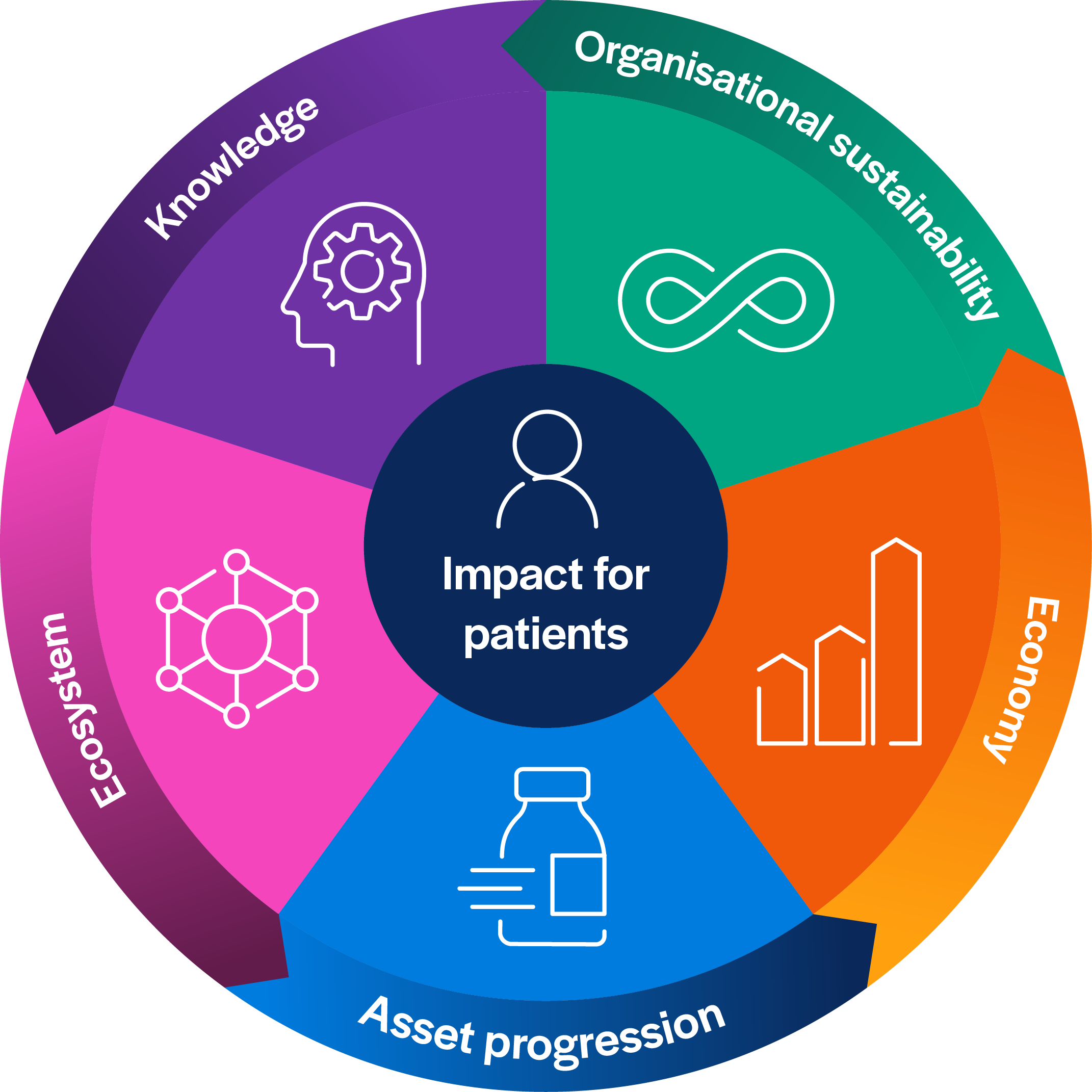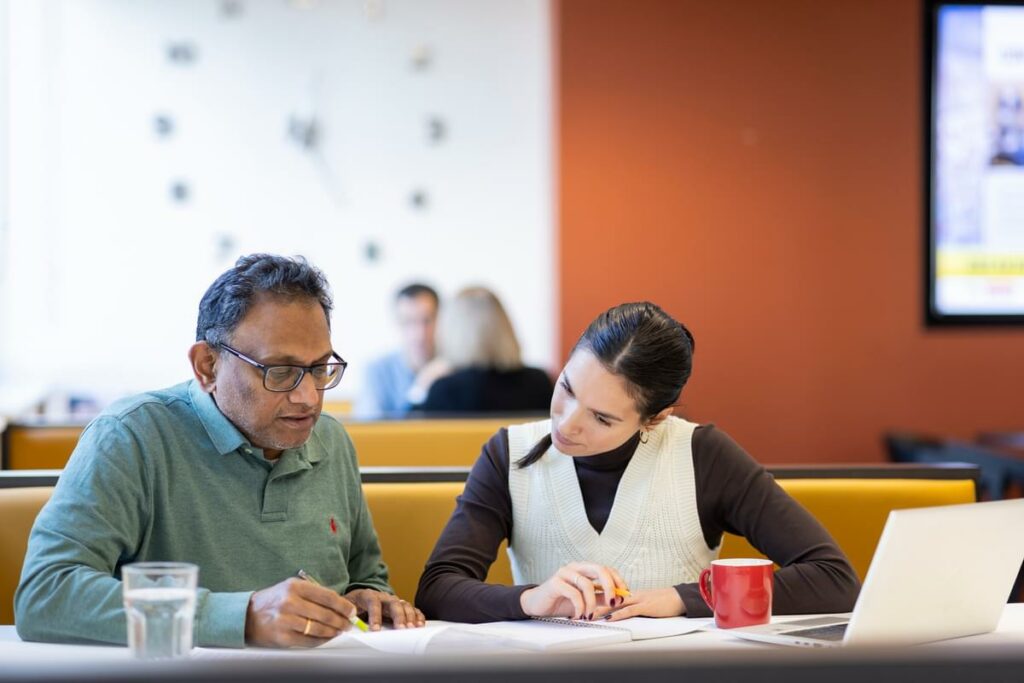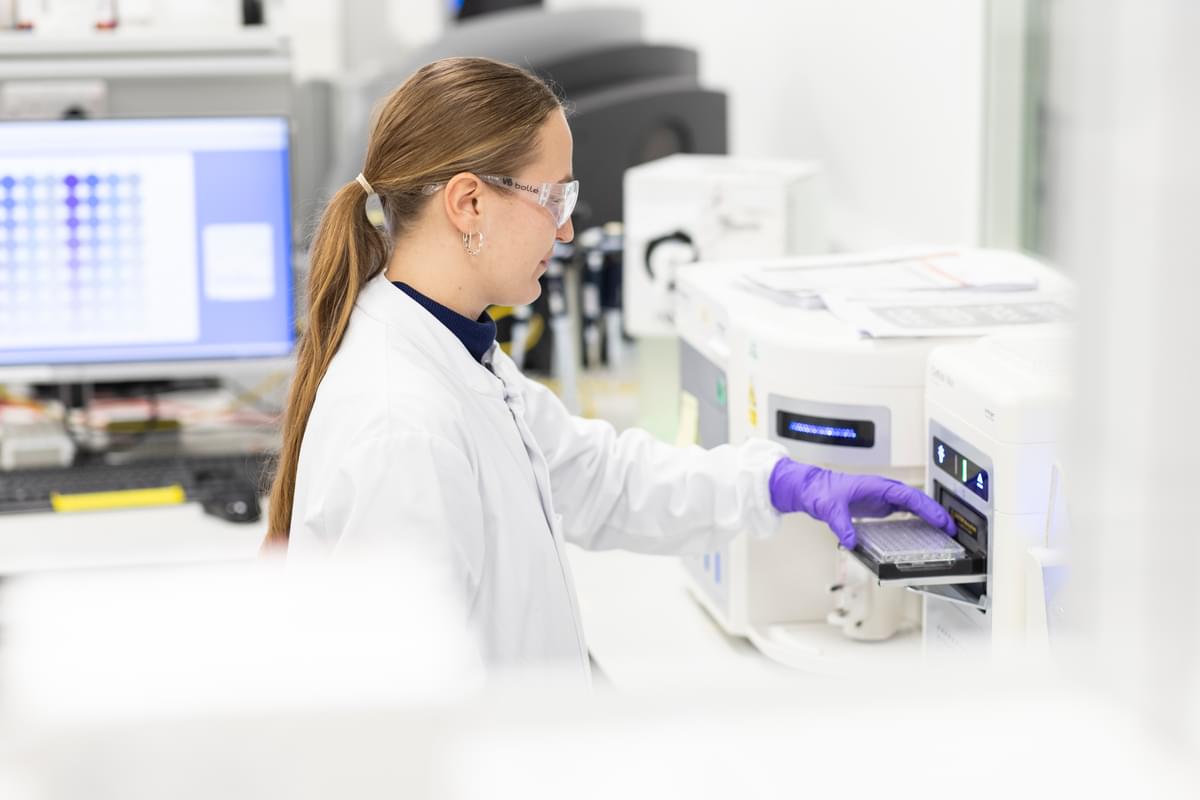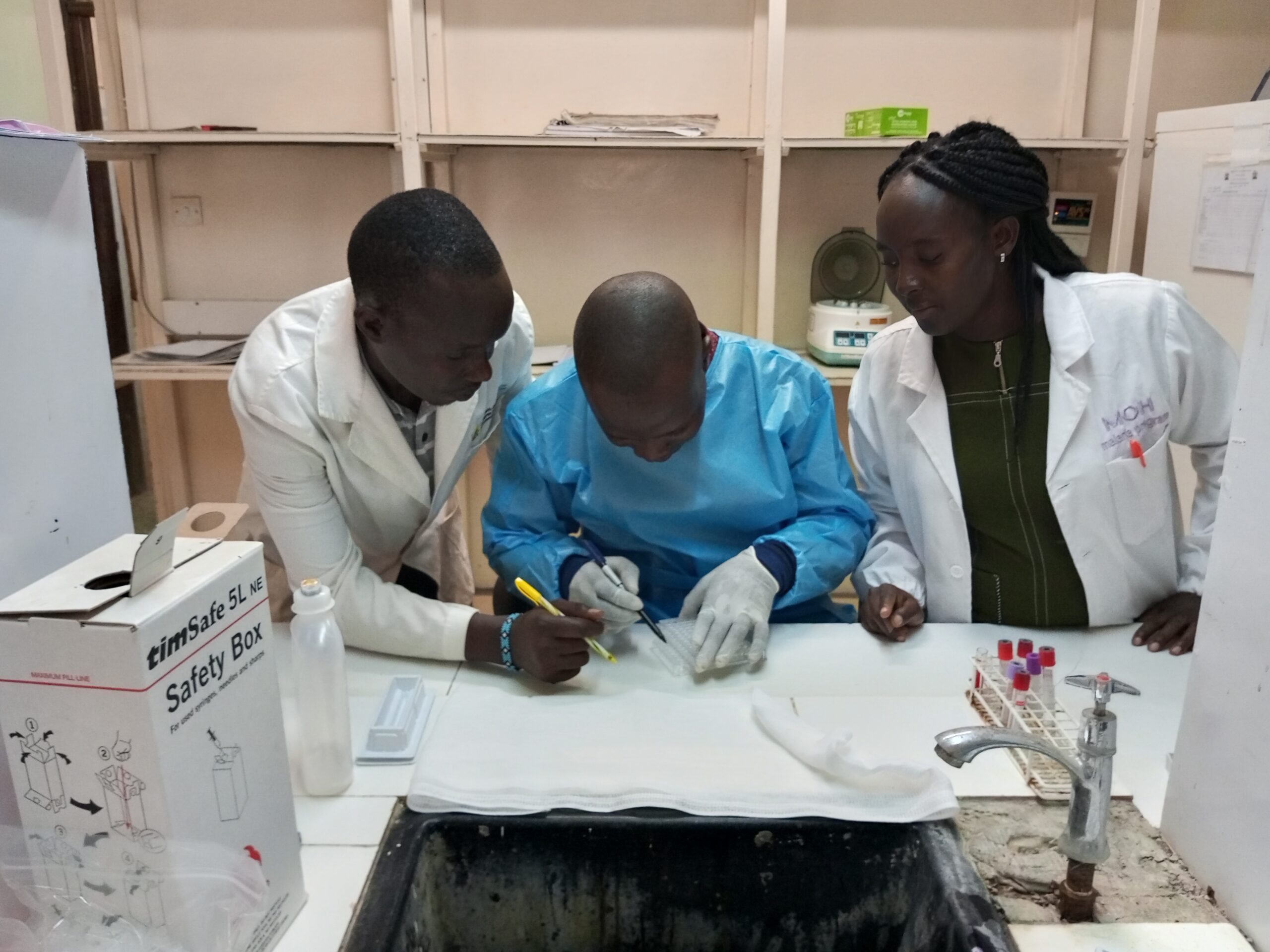Our impact
At the core of LifeArc is our desire to leave a positive impact for patients and the world.
Measuring how we create impact is multi-layered and complex. Our contributions are often focused on early-stage research – these discoveries can take a decade or more to reach patients; some of them don’t make it past later phases of development at all.
We’re trying to understand how we contribute to change. In turn, we hope this will allow us to better track, evaluate and maximise our future impact.
Our impact framework and areas of impact
Patient voice is at the heart of all our activities – involving patients in decisions related to managing their condition is vital to improving early diagnosis and the treatment of complex health needs.
Our ultimate goal is to improve the quality of life and outcomes for patients. With that impact for patients in mind, we’ve identified 5 areas of impact – these will also provide early indicators on route to that success.

Knowledge
We build up the knowledge base of unmet medical needs and share this knowledge into the life science ecosystem. We do this by:
- creating and disseminating new translational knowledge building on our own experience and understanding of the multidisciplinary requirements of translation
- building and enhancing skills in the translational community through offering coaching and mentoring support, and through funding doctoral training centres, fellowships programs, coalitions of academic scientists, and technology transfer initiatives
- improving internal and external understanding of IP value and commercialisation skills
Ecosystem
We build and strengthen the ecosystems that accelerate health solutions. We do this by:
- supporting new and existing consortia of organisations that drive a common purpose and objective
- offering financial and infrastructural support, and translational expertise to a wide variety of stakeholders including research innovation hubs; start-up communities; incubators; charities; patient groups and healthcare professionals; industry (SMEs & major corporates); and funders
- influencing policy makers and regulators to create an environment that advances healthcare
- bringing focus to ecosystem entities by articulating and amplifying patient voice
Asset progression
We advance assets, addressing early risk and attracting additional investment towards progression and patient impact. We do this by:
- creating value around early-stage assets, through generating comprehensive and robust data packages that increase opportunities for commercial progression, working with partners at every step
- enabling the generation and progression of evidence across the 4Ds (drugs, diagnostics, devices, and digital solutions), including focusing on areas in which pathways to patients are uncharted
- ensuring assets progressed by LifeArc meet the quality, feasibility and availability criteria to respond to patient prioritization and unmet medical needs
Economy
We create, leverage, and influence the economy that advances the pipeline of innovation in the healthcare ecosystem. We do this by:
- driving the flow of economic activity across the translational ecosystem through financial returns, jobs creation, co-investment, and downstream investment
- leveraging funding enhancing the cost effectiveness, affordability and accessibility of treatments
- identifying and influencing the geographic, legislative, regulatory and logistical barriers that may impede product development and access to healthcare interventions for target patients’ groups
Organisational sustainability
We drive long-lasting impact for patients by being the flagship for translational science. We do this by:
- building and maintaining innovative in-house scientific capabilities
- generating positive returns from our investment and venture portfolios, and where possible, sharing commercial successes with partners through our broader research portfolio
- balancing our financial reserves, income and commitments to enable ongoing sustainability
- conducting our business responsibly through appropriate governance, internal control and risk management, while striving to maximise our positive outcomes on the environment and society
- creating and maintaining a culture where we attract great talent, and where our employees can thrive and deliver their best work
- ensuring LifeArc EDI principles live in everything we do
How we developed this approach to evaluating impact
We used a Theory of Change – widely used in the charity, development, research and health sectors, especially in relation to complex programmes. It’s a model of what a complex programme of activity is expected to achieve.
You can use a Theory of Change as a tool:
- to build shared understanding internally and externally
- to help you communicate your vision and plans
- to plan for new work and/or areas
- to help you prioritise and guide existing work
- to help you to monitor, evaluate, learn and improve

Latest news
-

LifeArc launches £40m research centres that will unlock new tests, treatments and cures for people living with rare diseases
Read more: LifeArc launches £40m research centres that will unlock new tests, treatments and cures for people living with rare diseases -

First-of-a-kind plan announced to get more children access to cutting-edge, proven gene therapy treatments for rare diseases
Read more: First-of-a-kind plan announced to get more children access to cutting-edge, proven gene therapy treatments for rare diseases -

New £6.2m partnership will help to eliminate a deadly disease affecting children and vulnerable people in Kenya
Read more: New £6.2m partnership will help to eliminate a deadly disease affecting children and vulnerable people in Kenya
